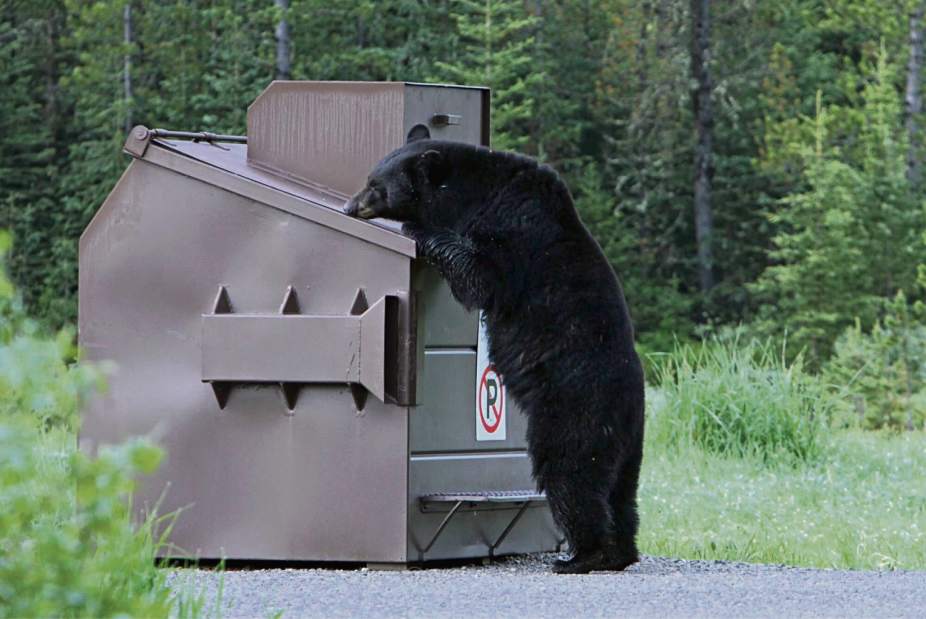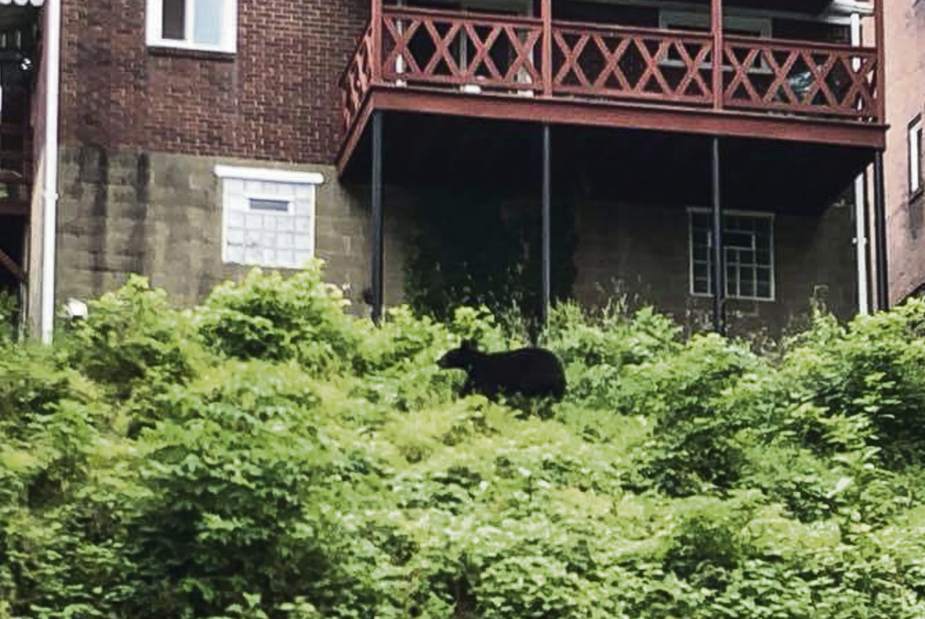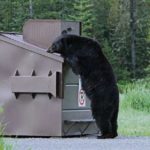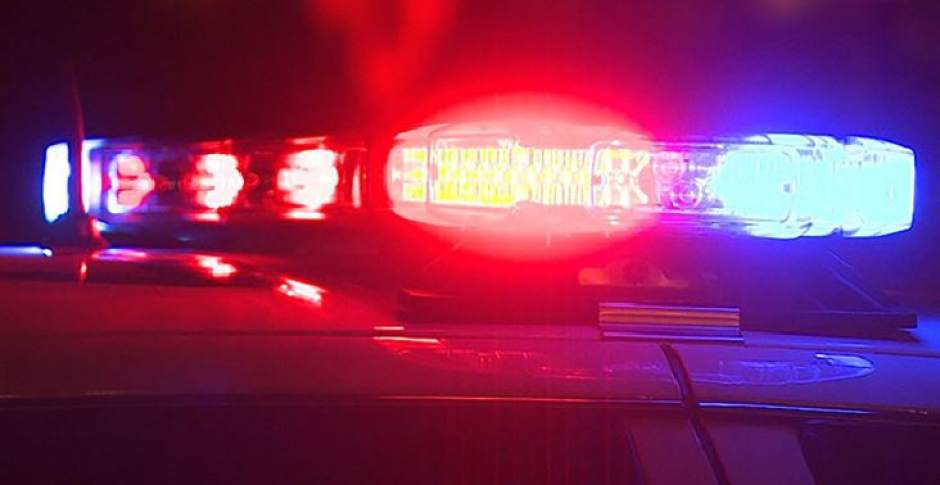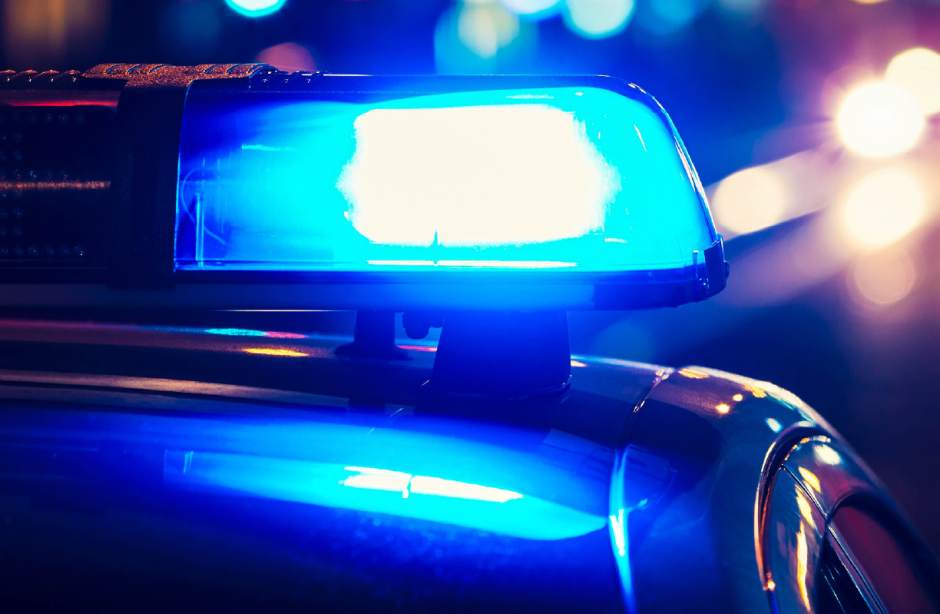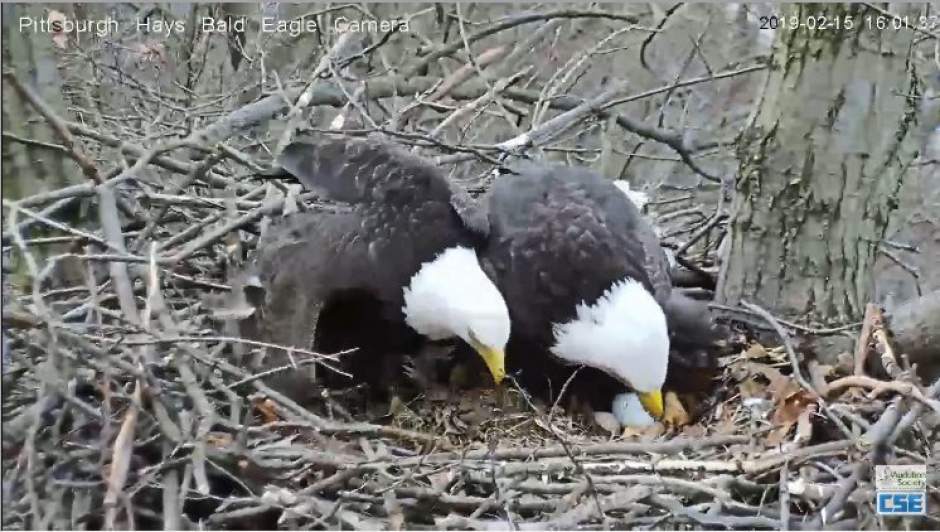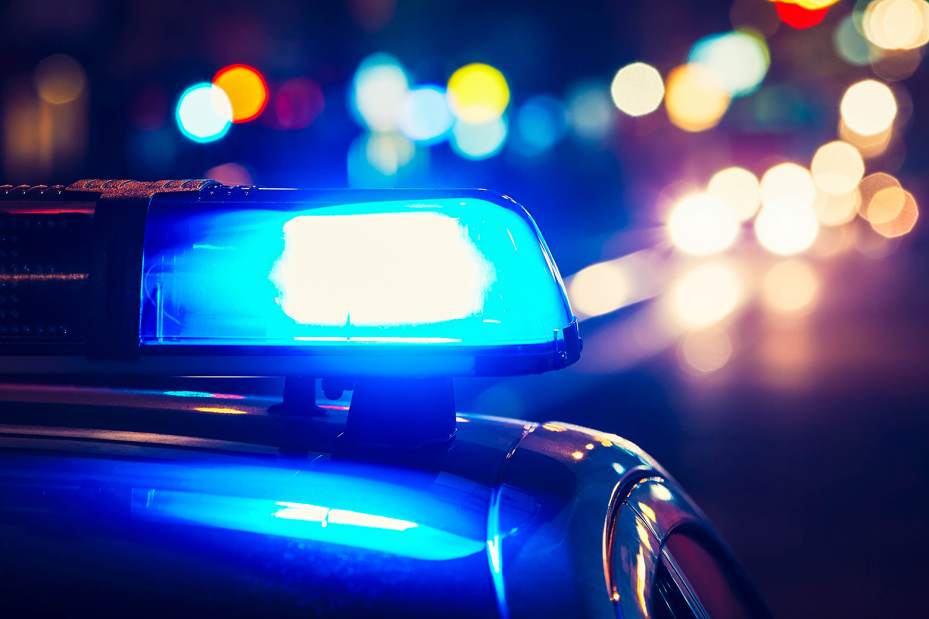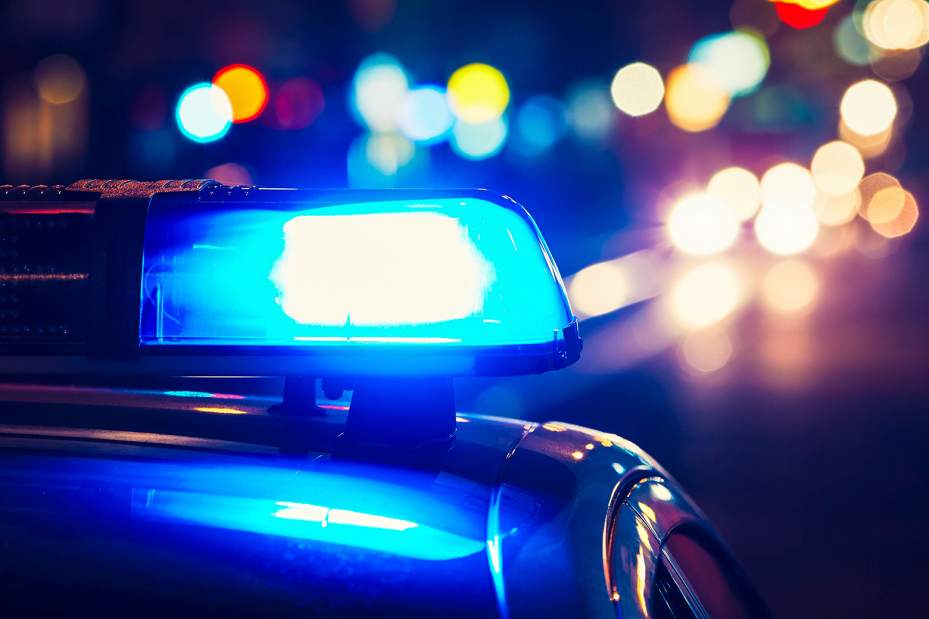Sometimes, apparently, oppressive heat is the lesser of two evils.
It will devour any chocolate left in your vehicle. But it won't rip out the windows, tear up the upholstery and cause all sorts of other carnage to do it.
A hungry black bear just might.
That was, essentially, the warning we encountered last summer in the parking lot at Ricketts Glen State Park, in the northeastern corner of Pennsylvania. It's a wonderful piece of country, wild and rugged with numerous big waterfalls, challenging hiking and great fishing.
It's also bear country.
We knew that and were prepared to think of bears in terms of camping. Omnivores, and voracious ones at that, they'll eat pretty much anything.
In camp, especially when tenting, you have to secure not only food but anything that smells remotely like it. Deodorant, toothpaste, soap — a bear may very well sample them all.
That almond-scented hand lotion, for example? A bear might mistake it for nutty pudding.
But we weren't thinking that way yet. After all, we still were in the day-use parking lot, near the swimming area.
We should have figured. Beaches mean picnics mean coolers mean food.
Bears learn that quickly.
As a result, park signs warned visitors against leaving their vehicle windows cracked, the way we all do when the sun is blazing hot.
Oh, that works. But that inch or two gap between the window and window frame is just enough for bears — which can reach 800 pounds in that part of the state — to get their claws in and rip windows out.
They'll climb in, eat anything they can find, destroy the vehicle while looking and often leave a parting gift.
So we shut our windows up tight and went on our way.
In the end, we saw no bears. But on the trail and in camp we kept them in mind.
Lots of woods walkers have to do that these days, in lots of places.
Black bear populations are booming in Pennsylvania. The Game Commission estimates their numbers at a modern-day record 20,000 or more.
It's not just there, though.
States throughout the Northeast are seeing the same thing. New York, Maryland, New Jersey and others have more bears than in decades.
They're even moving into the Midwest.
The Ohio Division of Wildlife says its state is home — for the first time in maybe a century — to 50 to 100 of the animals. And that number grows annually.
So, with the summer hiking and camping season here, it pays more than ever to be black bear aware.
Black bears need not be feared, necessarily. Attacks on humans are extremely rare.
Don't let the chances of encountering one keep you out of the woods.
They do demand respect, though. They're large, powerful animals with big appetites, after all.
So have fun out there but keep those windows rolled up.
Bob Frye is the everybodyadventures.com editor. Reach him at 412-216-0193 or bfrye@535mediallc.com. See other stories, blogs, videos and more at everybodyadventures.com.
Article by Bob Frye, Everybody Adventures,

http://www.everybodyadventures.com
Copyright © 535media, LLC


